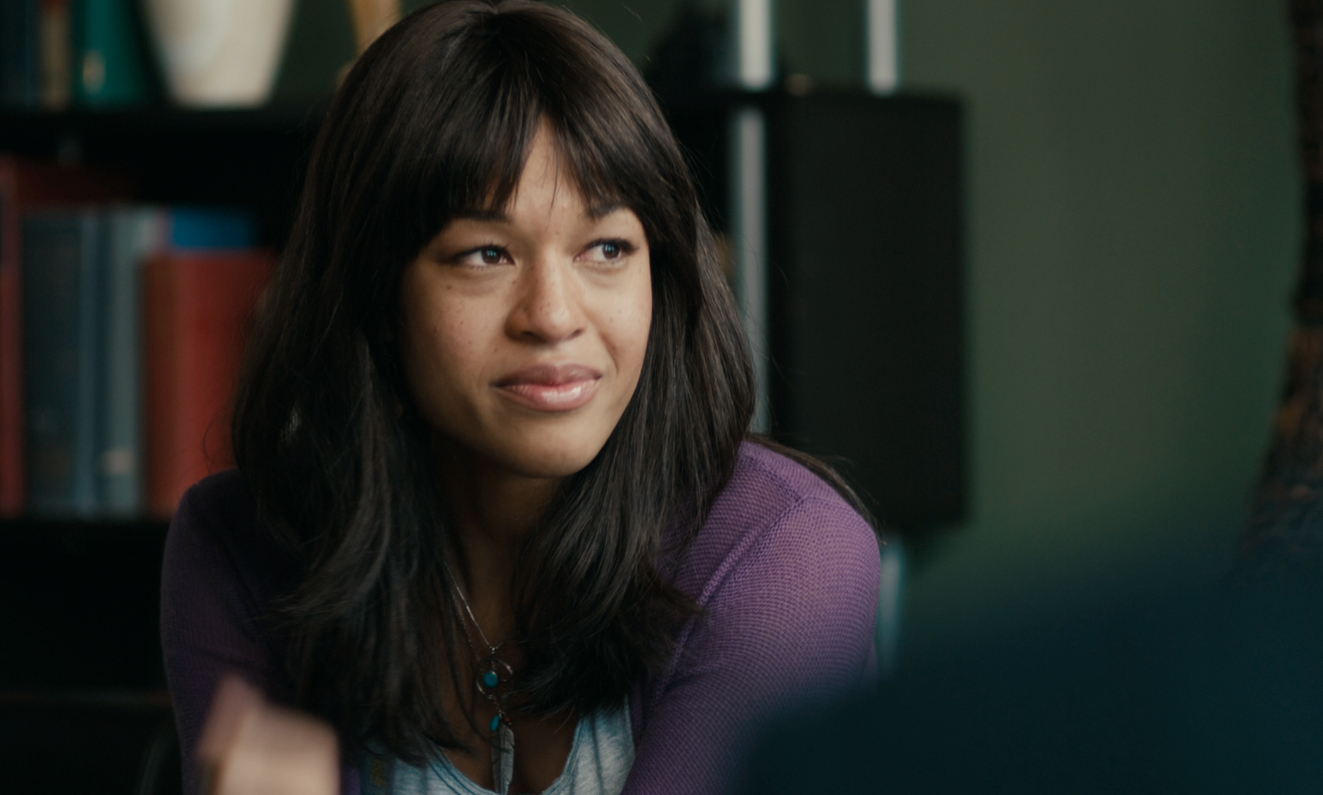by Marie Roker-Jones
For generations, black women have held on to their badge of honor: Being a woman of strength.
Despite what may be happening in a black woman’s life, she is determined to be a pillar of strength for her family and community. Yet, this need to appear strong and in control has come at a cost. According to The Office of Minority Health states that “African Americans are 20% more likely to report having serious psychological distress than Non-Hispanic Whites.”
Unfortunately, most black women see mental health issues as sign of weakness or a lack of faith. We rather continue ploughing through our daily challenges despite our growing psychological stresses. We rather let society believe that “all is well” instead of seeking help. We don’t recognize or dismiss signs of depression as “the blues” or normal stress. We don’t consider reaching out for help, because it would indicate that we’re weak. Having depression doesn’t mean you’re weak, lazy, unmotivated or a failure…it means you need treatment.
The Secret Black Women Don’t Want To Talk About
What we fail to realize is that psychological stress and depression can manifest into other physical illnesses. We need to recognize the symptoms of depression. Some symptoms of depression include:
- Feeling tired or lethargic without any underlying medical conditions or prescription drug side effect
- Being indecisive and finding it difficult to concentrate
- Finding life as meaningless or hopeless
- Withdrawing from “the world” and feeling the need to be left alone
- Changes in sleep and eating patterns
If you’re a mom, you spend your days making sure that your kids have what they need to be happy, healthy and successful. How can we give to our children, if we don’t give to ourselves first? Too many of us don’t differentiate between sacrifice, selfishness and selflessness. It’s in the best interest of our children for us to practice self-care. The first step is being honest with the state of our mental well-being. If we want to end the generational fear of talking about depression, we need to be upfront with our families and express our need for support and help.
Being a strong black woman is not a syndrome, it’s a myth. Strength is not determined by our ability to do it all, but by our ability to ask for and seek help. If we want to end the cycle of secrets and self oppression, we must take the necessary steps to get treatment.
Most importantly, if you see another mother showing signs of depression, don’t berate for having “lack of faith” or tell her she’s feeble; offer her a hand up, an empathetic ear and kind words.
Marie Roker-Jones is a Certified Breakthrough Parenting® Instructor and Intrinsic Coach® in Health and Wellness. She has helped numerous moms of boys navigate the challenges of raising sons, especially the adolescent years. This article was first published on Black Life Coaches. Follow Marie on Twitter at @RaisingGreatMen.







